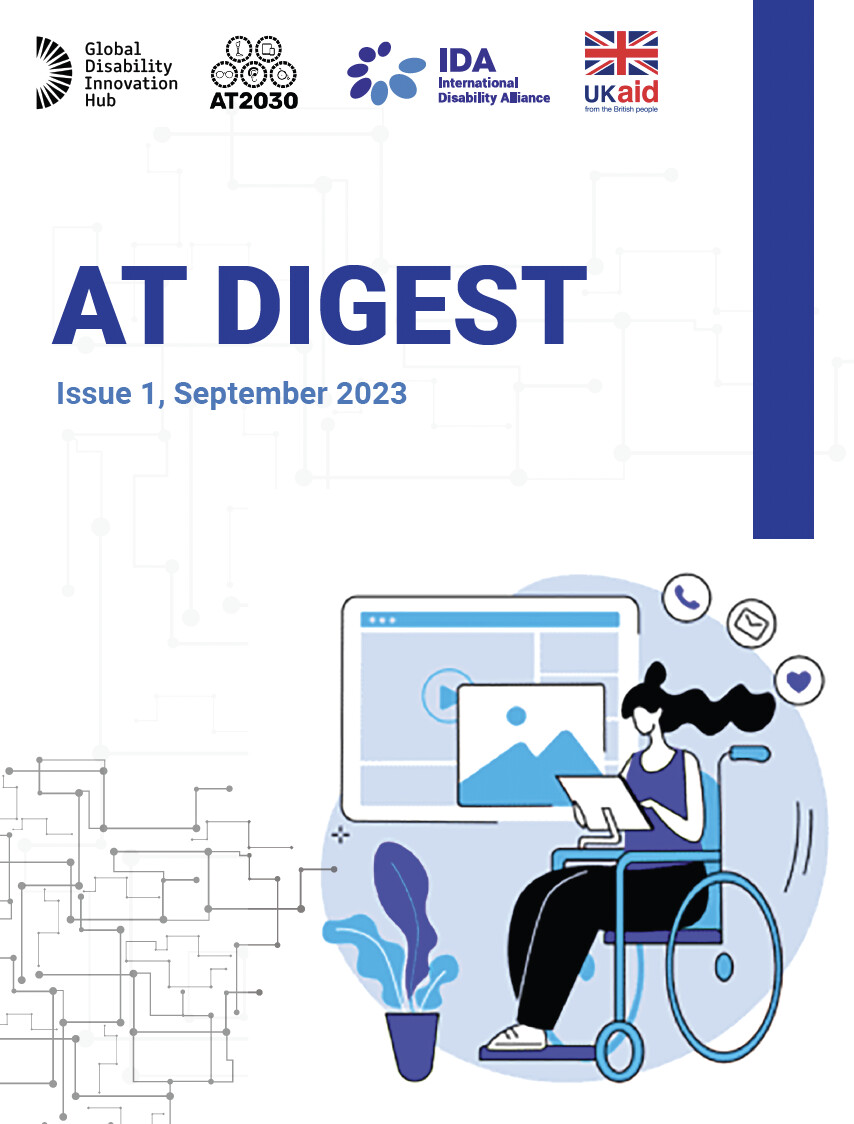
In today's global landscape, the endeavor to advance the rights of individuals with disabilities holds a profound significance. The collaborative project undertaken by the International Disability Alliance (IDA), GDI Hub, and AT2030 exemplifies a dedicated and multifaceted approach to this mission. Their joint efforts underscore the importance of inclusivity and the well-being of people with disabilities, aiming to create a world where every individual can fully participate in society, regardless of their physical or cognitive differences.
Awareness-Building: At the heart of this initiative is a commitment to raising awareness about the capabilities and potential of assistive technology. This not only involves educating individuals with disabilities about the life-changing possibilities of these technologies but also extends to manufacturers, policymakers, and the general public. By fostering a deeper understanding of the transformative power of assistive technology, the project aims to challenge stigmas, misconceptions, and biases that often surround disabilities.
Legal Analysis: The legal dimension of the project, as exemplified by the insightful article on CRPD jurisprudence, is instrumental in shaping policy and promoting the rights of individuals with disabilities. The CRPD (Convention on the Rights of Persons with Disabilities) is a seminal international treaty, and dissecting its implications for assistive technology usage is a critical step. This legal analysis not only elucidates the obligations of states but also underscores the importance of creating an enabling environment where assistive technologies are not just accessible but also affordable and well-suited to the needs of individuals with disabilities.
International Collaboration: The collaboration between organizations from different parts of the world symbolizes the global nature of the challenges and opportunities related to disability rights and assistive technology. This collective approach recognizes that the solutions and advancements in assistive technology are most effective when they draw upon diverse perspectives and experiences. International collaboration transcends borders and enriches the discourse with insights that can benefit individuals with disabilities worldwide.
Fostering Inclusivity and Well-being: The ultimate goal of these efforts is to foster inclusivity in all aspects of life, be it in education, employment, social interactions, or daily activities. The project aspires to create a world where assistive technology is not just a tool but a means to enable individuals to lead fulfilling, independent lives. By promoting inclusivity, the project seeks to enhance the well-being of persons with disabilities by empowering them to overcome barriers, pursue their aspirations, and contribute meaningfully to their communities.
"Key learnings include the importance of collaborative efforts, raising awareness about assistive technology, analyzing legal aspects, embracing an international perspective, and prioritizing inclusivity and well-being in advancing disability rights."
"Key advocacy points include promoting awareness, legal analysis, international collaboration, and fostering inclusivity and well-being in advancing disability rights."
"The key call to action is to encourage continued collaboration, awareness-building, legal advocacy, international partnerships, and a commitment to inclusivity in advancing disability rights and access to assistive technology."
In sum, I feel that, the collaborative project by the IDA, GDI Hub, and AT2030 signifies a resounding commitment to a more inclusive and equitable world. By raising awareness, conducting legal analysis, and fostering international collaboration, these organizations are paving the way for a future where disability is not seen as a limitation but as a unique aspect of human diversity, to be celebrated and supported. This collective effort not only advances the rights of individuals with disabilities but also contributes to the greater well-being of society as a whole.